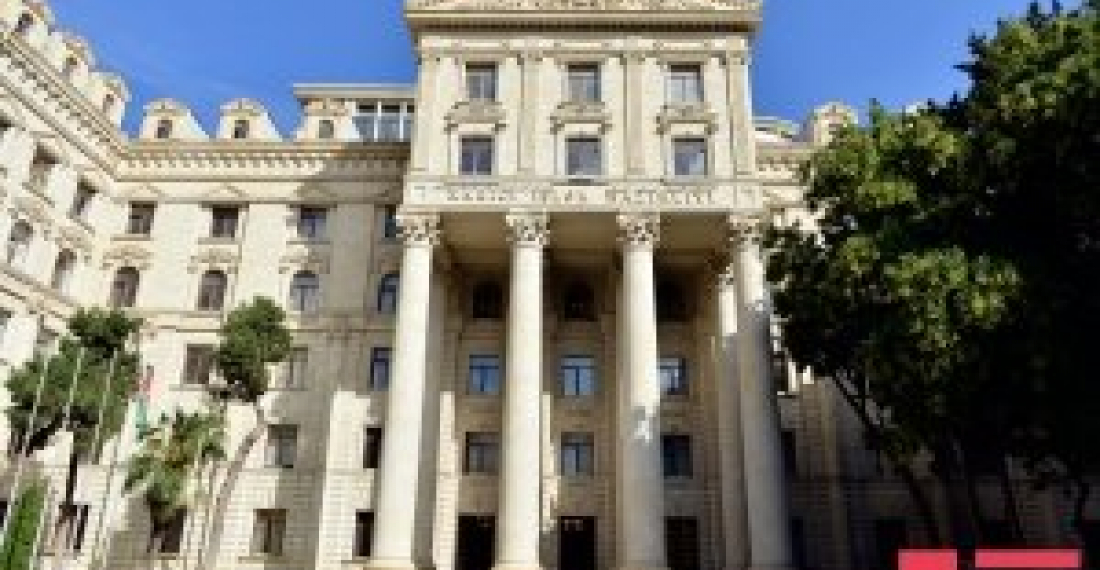(This post has been updated adding the comments of the outgoing Russian Ambassador to Azerbaijan on his diplomatic assignment in Baku)
In a significant development over the last days, Azerbaijan has refused to give its consent to the appointment of Gyorgi Zuyev as the new Russian Ambassador in Baku. According to diplomatic practice countries ask for the "agrement" of the host nation before appointing Ambassadors to their capitals.
The news was broken by the influential Azerbaijani website Haqqin.az, which also said that the agrement was refused due to the pro-Armenian position of Gyorgi Zuyev. Zuyev currently holds a position in the Russian Foreing Ministry in Moscow.
The term of the current Russian Ambassador to Azerbaijan, Vladimir Dorokhin, has expired and yesterday he was recalled back by a decree of the Russian President Vladimir Putin.In comments prior to his departure from Baku Ambassador Dorokhin said "I came to Azerbaijan almost nine years ago with a clear political instruction to fully strengthen the relations with Azerbaijan".
In a message published on the official website of the Russian Embassy in Azerbaijan on Tuesday (28 November), as cited by the APA news agency, Dorokhin said that "it was not difficult to fulfill this instruction as Azerbaijan also aspired to strengthen relations with Russia."
Dorokhin said that over the past years he witnessed and participated in many important events, which resulted in the expansion of the Russia-Azerbaijan partnership based on the principles of absolute respect for each other's sovereignty, non-interference, and balance of interests.
The outgoing Russian Ambassador stated,
"Azerbaijan and Russia have different political interests in many spheres, nevertheless we have learned to get along with each other," he said. "I would like to believe that the acquired experience will still be used in the interests of the two countries and peoples, despite all the difficulties and new challenges. I assure you that Russia will always strive for that, because we have no greater interest than having a stable and prosperous Azerbaijan on our southern borders."
There was no mention in the Ambassador's message regarding the controversy over his successor.
source: commonspace.eu with agencies
photo: Building of the Azerbaijani Ministry of Foreign Affairs






